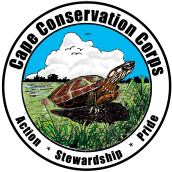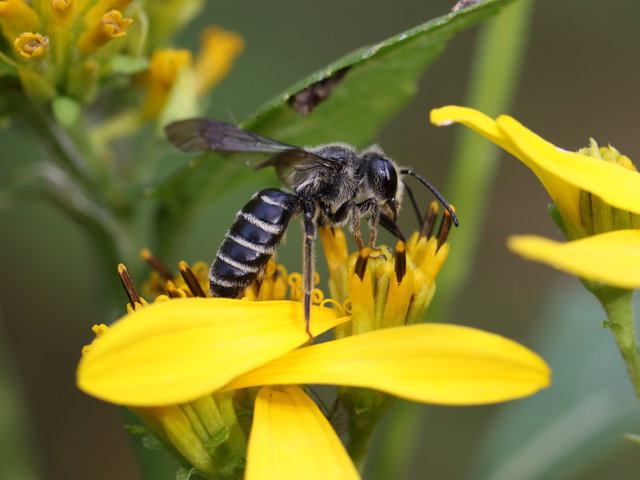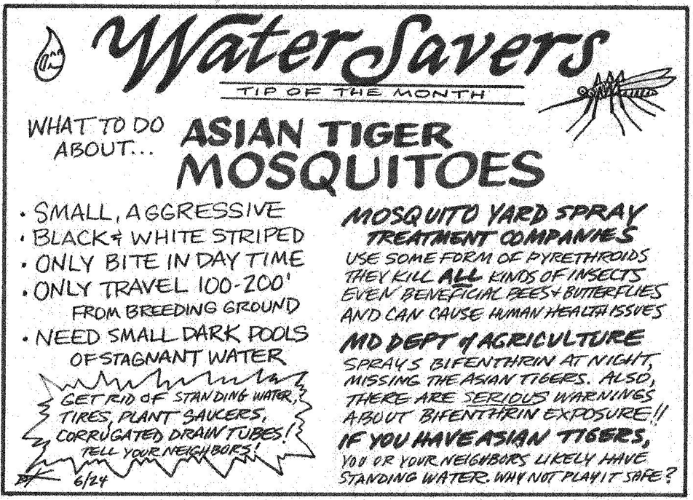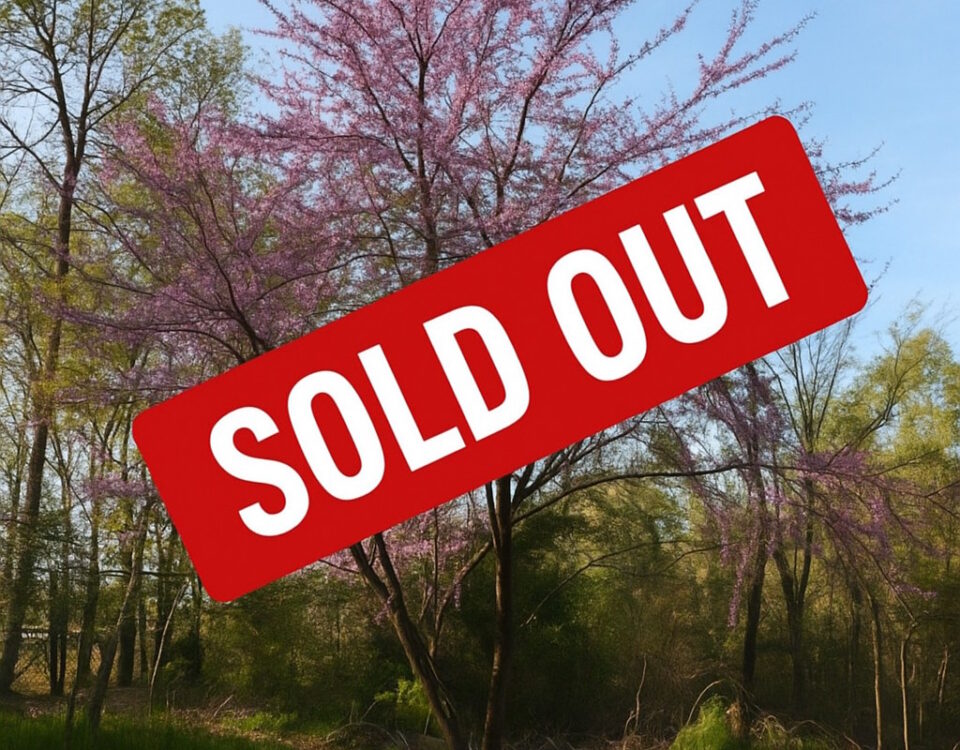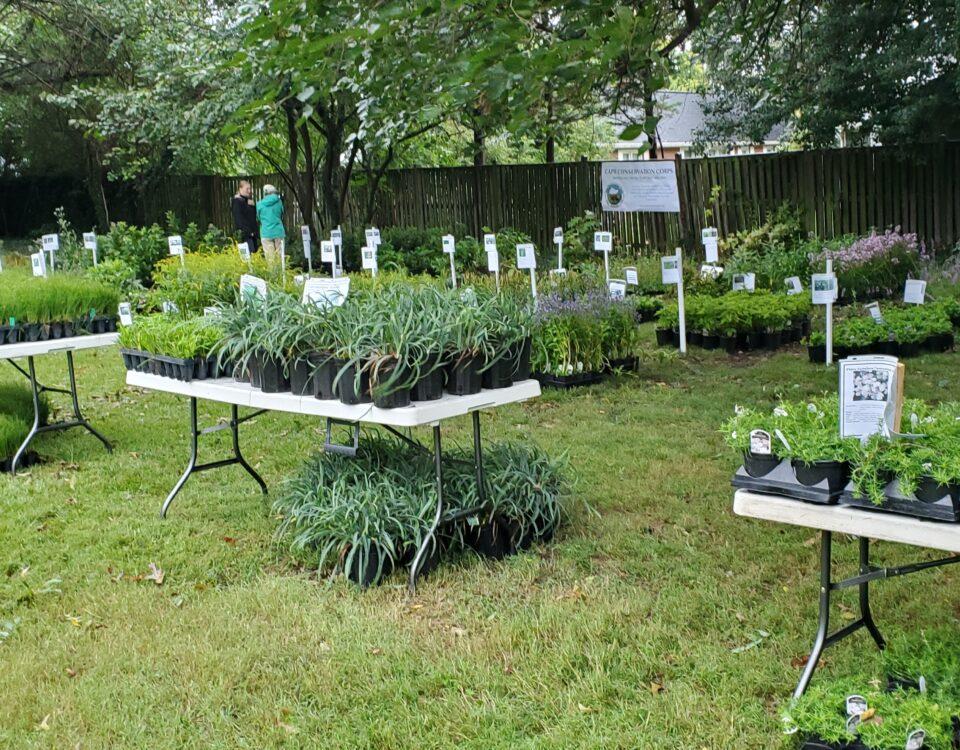Letter of support to AA Co Executive
May 28, 2020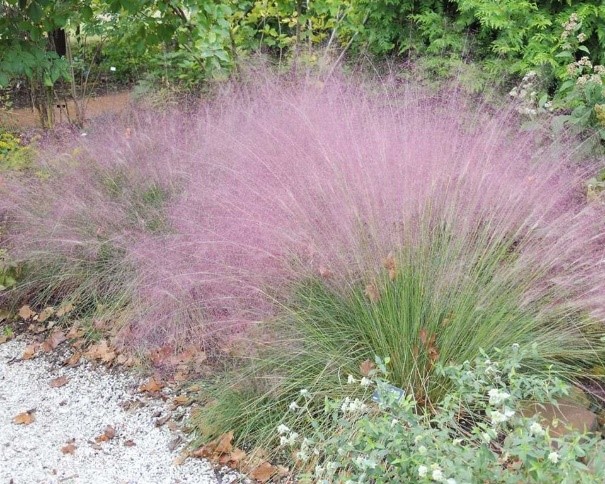
Cape Conservation Corps Fall Native Plant Fest & Sale
August 12, 2020By: Stacey Wildberger
“Let’s stop saying a flowering plant is a pollinator magnet because you see adults from a generalist insect species visiting the blooms (hello, bumble bees). Too often we greenwash human privilege and supremacy by assuming that because something is using a plant we find pretty, whether exotic or native, then the plant must be providing essential ecosystem services to insects and bugs.” Benjamin Vogt, author of “A New Garden Ethic”
One of the reasons why native plants are so important to use in our landscapes is because of their relationship to the local fauna. Native flora and fauna have co-evolved together for thousands of years and have come to rely on one another for survival. Many species have developed a specialist relationship with a particular family or even species of plant for life sustaining purposes. They often can only use them for laying their eggs as a host plant or gather nectar for food for themselves. Without having their particular plant species they will not survive. There are generalist species that can feed on a wild variety of plants while the specialist are limited to specific plants. We need to use the native plants that cater to the specialists because the generalists can also us those plants as well. Generalist bees account for 80% of the total wild bee population and the 20% are specialized. IF you plant for specialist the generalist will be provided for as they aren’t so picky!
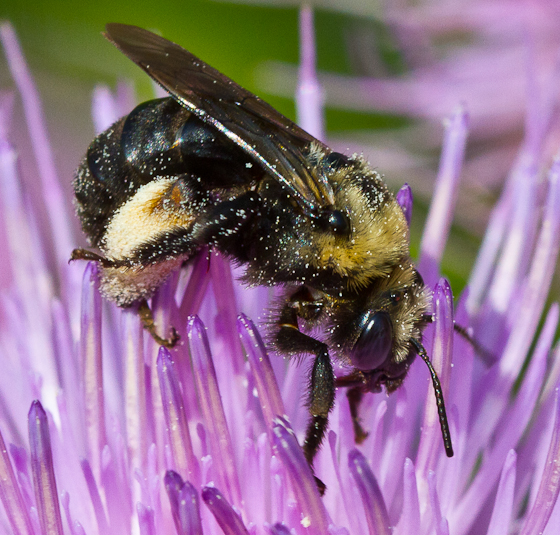
As our speaker last year, Sam Droege, a USGS Patuxent Wildlife Research Center Biologist said “if the plants are not there, the pollinators will not be there”. Plant diversity equates bee diversity! I encourage you to read this great write up of another of Sam’s recent talks to understand the need to plant the plants the specialized require:
https://vnps.org/specialist-bees-need-special-plants/ (this page also includes a great link to many more specialist plants for bees.)
Trees and shrubs that are important to specialist bees include Salix Willow, Ceris Canadensis Redbud, Cornus Dogwoods, and Ilex verticillata Winterberry. Plants in the Solidago Goldenrods Symphytrichum Asters and Helianthus Sunflowers families are the top plants for specialized bees, as well as Oenethera Evening primrose and Pontederia cordata Pickerelweed.
